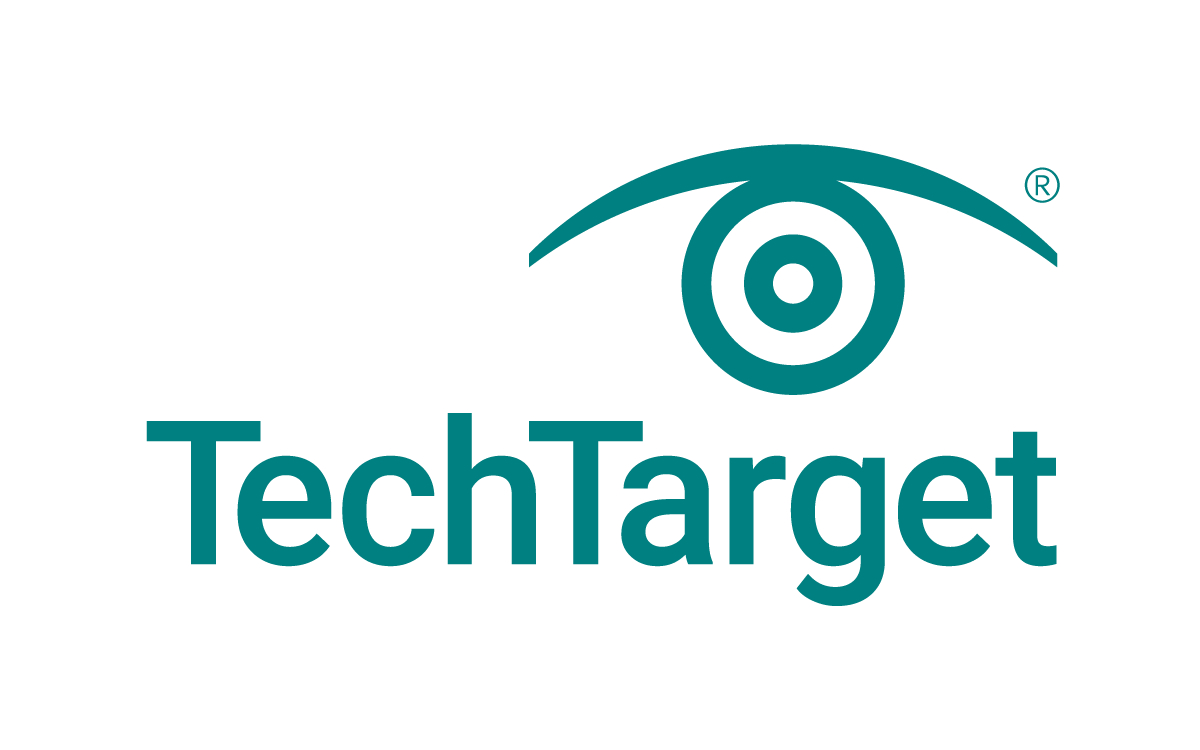Editor's Note Since equipping ORs with video cameras for computer-vision capability at AdventHealth Celebration in Florida, AI-driven data have provided a key resource for improving OR efficiency in several ways, according to an OR leader from the facility highlighted in a December 3 blog post from AORN Periop Life. One…

Artificial intelligence (AI) has made inroads into nearly every area of healthcare. With nursing shortages continuing—marked by the loss of some 100,000 nurses following the COVID-19 pandemic and projected deficits of 20% or more in some states—AI-based tools that improve access to information, streamline efficiency, monitor patients, track procedures, and…

Editor's Note Artificial intelligence (AI) and evidence-based fasting practices could significantly enhance safety and comfort for children undergoing surgery, according to research presented at the ANESTHESIOLOGY® 2025 annual meeting that took place on October 10–14. One study found AI systems outperform standard methods in key pediatric anesthesia tasks, including selecting…

Editor's Note A machine learning (ML) model that integrates clinical data with natural language processing significantly improved detection and management of hospital delirium in older adults. Results were published May 7 in JAMA Network Open. Conducted at Mount Sinai Hospital, the quality improvement study evaluated the association of an ML-based…

Editor's Note Recent reporting from Fierce Healthcare highlights two notable technology advances that promise to impact surgical patients and caregivers: an AI-driven blood pressure monitoring system and a remote-controlled endovascular robotics platform. The first development, from BD, is designed to help clinicians anticipate and manage dangerous blood pressure drops during…

Editor's Note Machine learning (ML) models designed to predict patient mortality are falling short when it comes to identifying severe injuries that could lead to death, according to a March 27 report in TechTarget. The article focuses on research published in Nature Communications Medicine found that ML mortality prediction models…

Editor’s Note Large language models (LLMs) outperformed traditional methods in predicting postoperative complications, according to a study on artificial intelligence (AI) in perioperative risk assessment published February 11 in the journal Nature. Results indicate AI-driven models could enhance patient safety and streamline clinical workflows by detecting complications earlier. Researchers analyzed…

Editor's Note A recent study developed and validated an artificial intelligence (AI) model leveraging natural language processing (NLP) and machine learning to significantly improve prediction accuracy for surgical case length. Published November 29 in the journal Surgery, the findings show promise for using AI as an alternative to current methods…

Editor's Note AI and machine learning (ML) models show significant promise in enhancing preoperative estimates of surgical control time (SCT), which are frequently wrong, according to a study published September 10 in Perioperative Care and Operating Room Management. The longitudinal study examined differences between predicted and actual SCTs, broken down…

Editor's Note An algorithm developed by researchers at Duke University Medical Centre is designed to assist patients diagnosed with intermediate-stage liver cancer in making decisions about surgery, according to an October 9 report in News Medical Life Sciences. Known as the Modified Metroticket, this tool predicts overall survival and recurrence-free…